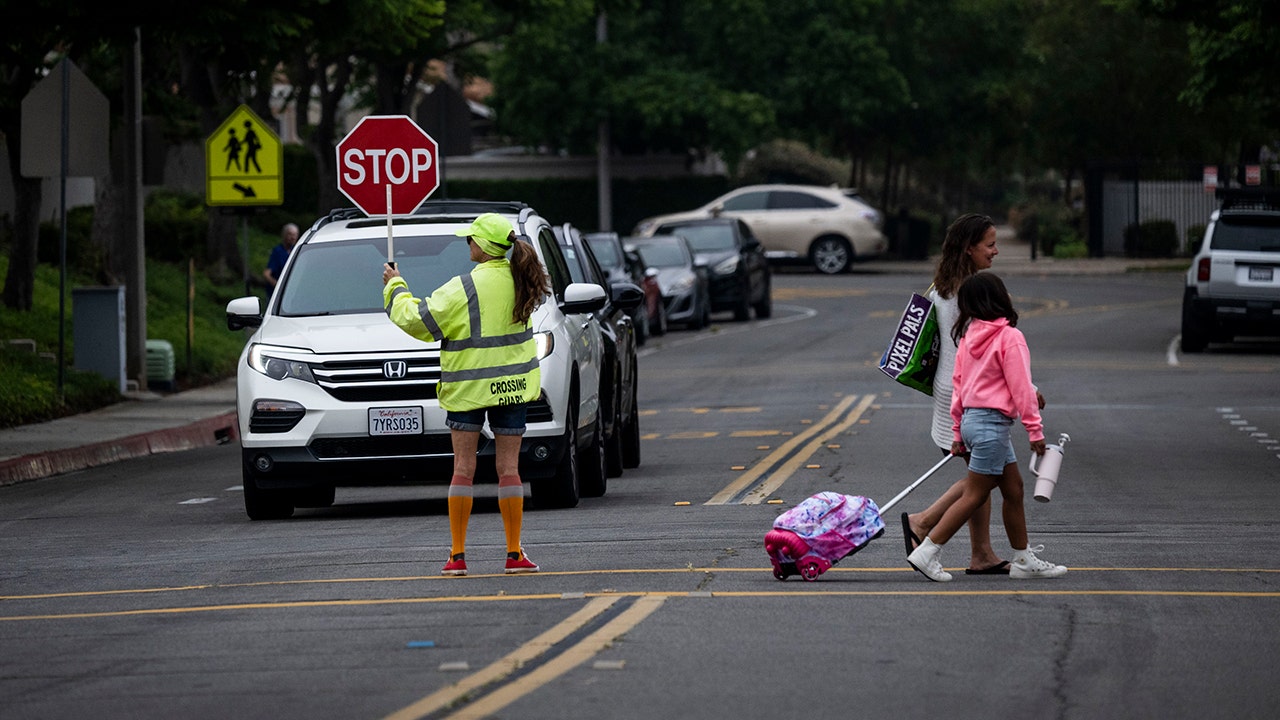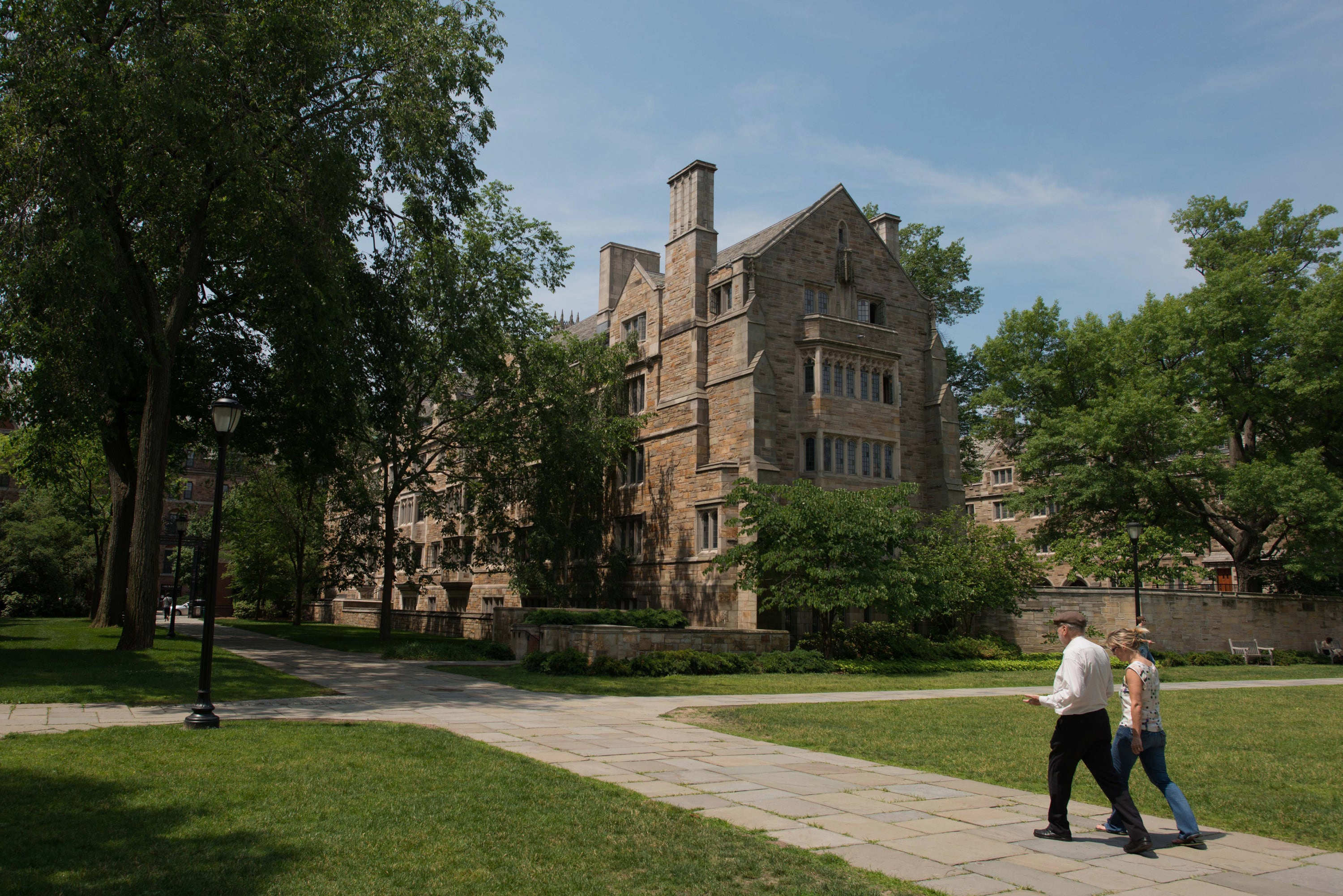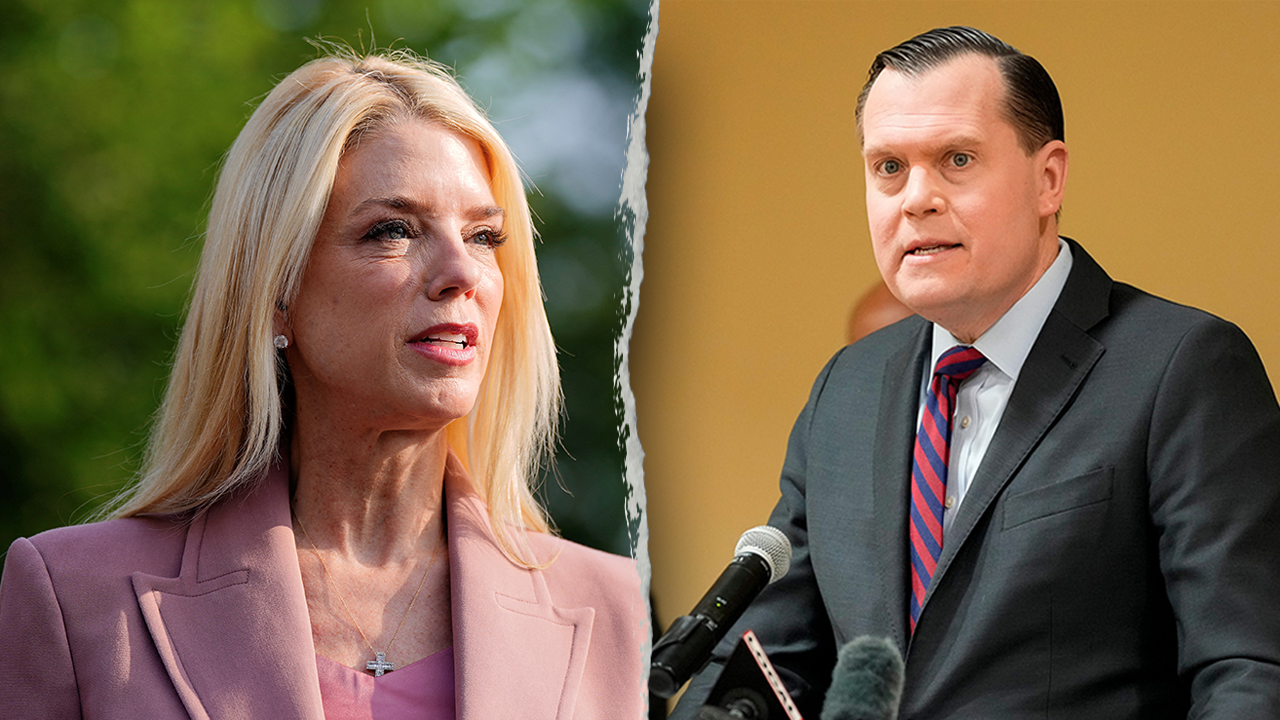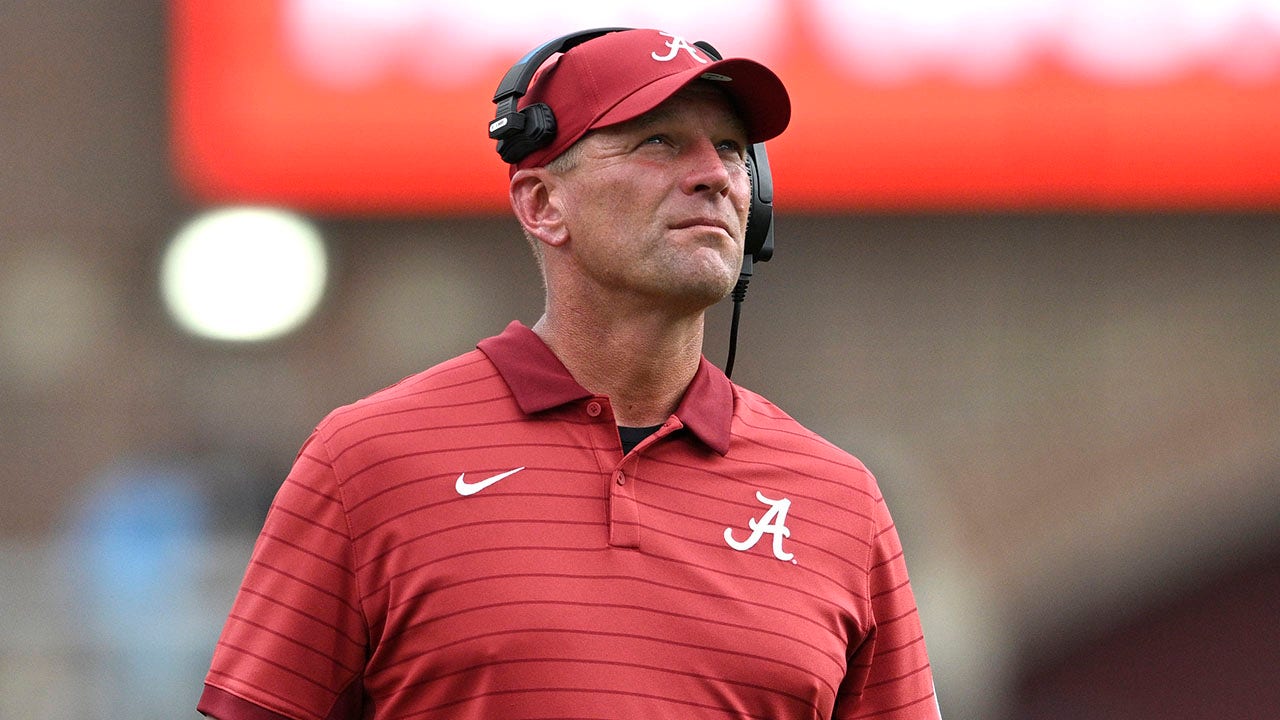March 2020 was a very bad month for Stephen Starring Grant. He was hustling to New York City for a meeting at the swank “boutique marketing consultancy” that employed him as the “head of strategy.” The company was launching a new initiative for a law firm that helped “the ultrarich, and only the ultrarich.”
Then came a call from his SoHo office during his layover in Charlotte. Don’t come, Grant was told. The meeting was postponed because of the coronavirus. The country was locking down.
Shortly thereafter, his phone rang again. “Steve, we’re both adults,” his boss intoned. “So I don’t need to belabor this.” The firm had to shed expenses to weather the anticipated plunge in revenues. Grant was laid off.
No more paycheck to support his family. No more health insurance to help him bear the costs of his prostate cancer treatment. “The world was going someplace weird. And I was sitting in a white rocking chair in an abandoned airport, eating a Whopper, with a biological time bomb strapped to my nuts.”
Grant limped home and into an existential crisis. For two decades he made big bucks helping big corporations sell things by stoking consumer demand. One employer had him operate a “behavioral economics lab.”
He realized it was not only the rubes he had bamboozled with slick campaigns. He had fooled himself. “I wasn’t a cardiologist or a plumber with a concrete, certified set of skills. I did not hold an honorific like doctor or professor. No rank like captain or major. I was the grease in the global capitalist machine.”
Now he was “an unemployed loser” sitting in his handsome house in Blacksburg, Va., and anxiously contemplating the erosion of his family’s comfortable life.
Grant applied for unemployment, but the pandemic relief checks were not enough. He applied for various jobs without luck. Desperate, he submitted an application to be a rural letter carrier and was hired. “The pay cut was eye-watering. I hadn’t worked at a job at that wage level since my early twenties.” But it offered health insurance immediately.
Grant’s wife, Alicia, was dubious. The family needed real money, not $18.50 per hour, and she could tell her husband was in a batty state. “This is one of your quests. … Like when you drove around L.A., finding lost dogs” for six months. Nonetheless, she told him to take the gig. “Survive and advance,” she counseled. Though unsaid, she may well have recognized that having her husband puttering about the house 24/7 would not be good for anyone. “You are going to do this. Something is going to come out of this.”
From her lips to God’s ears. The United States Postal Service provided the family with much-needed cash and health insurance. Grant got a series of experiences that helped him gain a renewed sense of himself. His year spent hauling parcels, letters, and junk mail also gave him the grist to write his often hilarious book, Mailman.
Being a rural letter carrier was a far cry from cranking out PowerPoints and pitches for a bleeding-edge advertising agency and equity holding company.
His first day of work was at the Roanoke Processing and Distribution Center, a windowless hulk of a building where smokers huddled outside the front door. The entryway had a formica floor, and a sign read, “Why come to work? Numerous studies have shown personal and financial benefits to those who show up to work.” It might as well have read, “Abandon hope all ye who enter.”
Grant was shown a cheesy film that discouraged him and other newbie letter carriers from becoming mules for drug dealers. USPS instructors relentlessly warned him that the postal police will be watching him to ensure he does not steal anyone’s mail.
His colleagues were very different from the ones at his former Soho office. There was Mary, a tiny middle-aged woman with braces on her teeth, who had a handgun in her purse. Tom was a “bearded, lean and avowed libertarian” who believed in small government yet was an Army vet who worked as a unionized employee for the nation’s largest civilian federal agency. Particularly colorful was Glynnis, who referred to Grant’s new place of work as a “broke-dick chickenshit outfit run by a bunch of peckerwood know-it-alls that would not know how to find their asses with both hands and help from their kindergarten teachers.”
Grant spent hours learning to case the mail—sort it by address into trays to enable prompt delivery as he rolled by mailboxes. But the training and skills-testing little prepared him for the realities of the job: driving on the right-hand side in a left-hand drive vehicle, enduring 100 degree heat, getting a mail truck out of an icy ditch, driving across a flooded creek bed, discerning whether a mailbox contained a black widow spider or hornets, or averting dog attacks.
Nor was Grant well prepared for dealing with the people whose mail he delivered. Grant inevitably was the new guy on a mail route, a substitute for the regular letter carrier. Residents of remote areas could be armed and suspicious. Other individuals were just nuts, like the plump woman who hollered, “YOU AREN’T A REAL MAILMAN! I CAN SEE YOU!” before chasing his truck.
The worst of the bunch may have been an affluent woman in yoga clothes. Her precious parcel had not arrived in a timely fashion, possibly because the Post Office was crushed by a tsunami of parcels due to COVID-19 and a feud between Amazon.com and UPS. “You’re useless!” she snarled with condescension.
Ultimately, Grant’s time with the Postal Service proved redemptive. Not least, bringing stuff to people could be fun. When Grant pulled up near a trailer in the sticks, a squirrely looking fellow loped forward and froze when he saw the box in his arms. “Oh, goddamn,” he muttered with awe. In the box was a two-handed sword this Lord of the Rings fan had bought with cash from a pandemic check. “Whoo! Yeah! This is Anduril, Flame of the West!” he cried.
But letter-carrying helped Grant most by reconnecting him to his home community and forcing him to do something useful for others. “It is service that gives life meaning, and it is service to our community and our nation that gives the ideas of ‘community’ and ‘nation’ meaning.”
Being a mailman also reminded him that there is more to life than staring at screens of data and abstractions and hustling for mammon. “The sun on the clouds in the morning. The goodness of a decent lunch. The privacy of your own thoughts. The love of your own children, the great gift of being a father in a loving family. I had been prodigal with the abundance of life. Being a mailman gave all that back to me. I cannot imagine a more precious gift.”
Spoiler alert: Stephen Starring Grant quit the USPS after landing a new job a bit like his older one. Is he happy? Maybe he will let us know in his next book.
Mailman: My Wild Ride Delivering the Mail in Appalachia and Finally Finding Home
by Stephen Starring Grant
Simon & Schuster, 304 pp., $29.95
Kevin Kosar is a senior fellow at the American Enterprise Institute and the editor of Beverages, Books, and More.
Read the full article here








